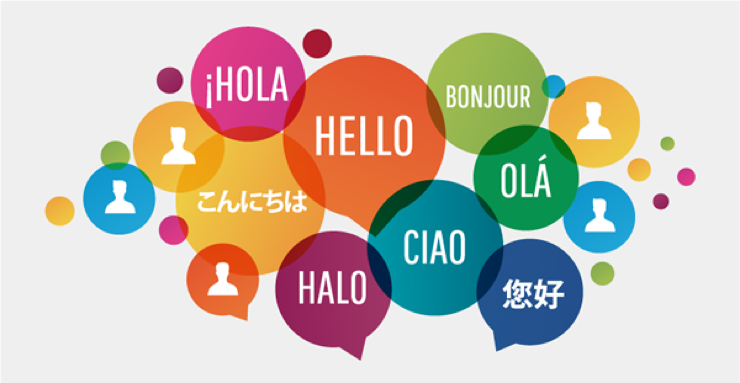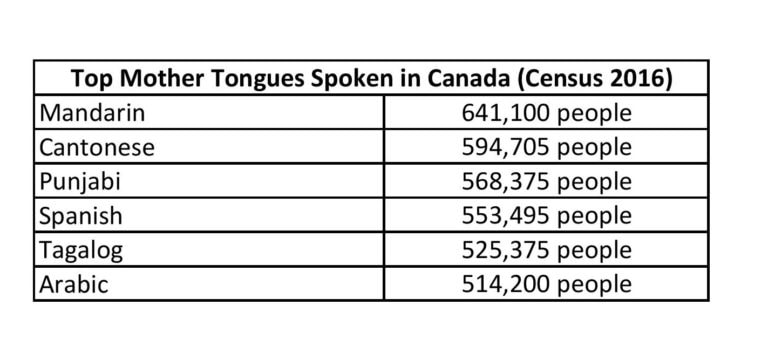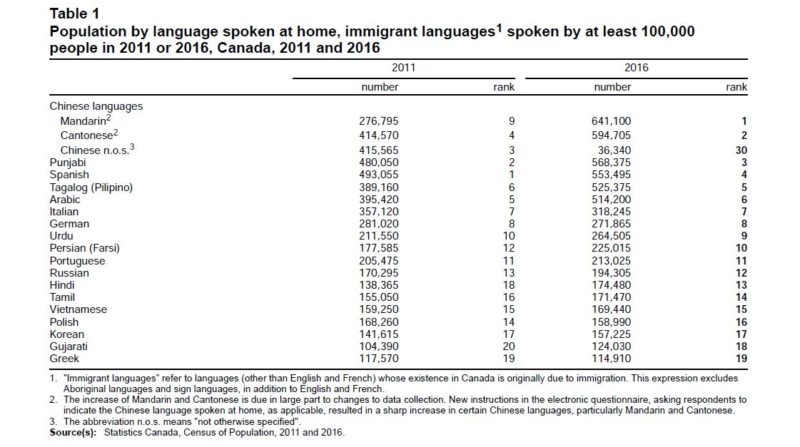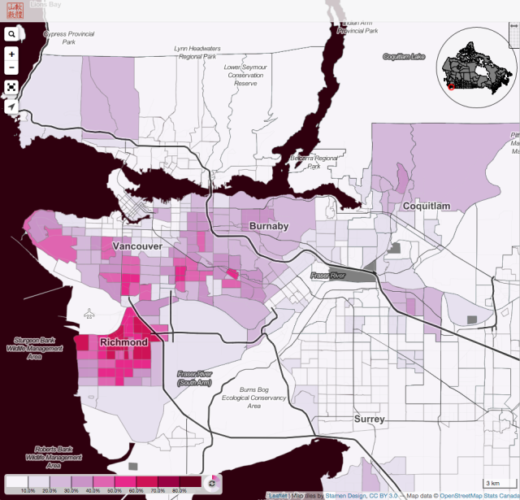|
While English and French remain the most dominant languages spoken in Canadian homes, linguistic diversity is growing across the country. According to the 2016 Census, almost 1 in 4 Canadians speak a different language other than English or French at home. The mother tongues spoken most in Canadian homes include: While the top mother tongues in Canada are Mandarin, Cantonese, and Punjabi, the fastest growing language in Canada is Tagalog. As for those who are multilingual, the trend of speaking multiple languages has been steadily on the rise. The percentage of Canadians who speak more than one language at home has risen from 17.5% in 2011 to 19.4% in 2016. “Immigrant languages” refer to languages (other than English and French – the national official languages) whose existence in Canada are originally due to immigration after English and French colonization. Immigrant languages originate from all continents and belong to a variety of language families. English and French bilingualism has also reached the highest proportion in history, with 18% of Canadians being fluent in both official languages. Parlez-vous français? Here’s a look at the top immigrant languages spoken at home in 2011 and 2016: As you can see, Chinese languages continue to be on the rise in Canada. That’s also the case in Metro Vancouver. Check out this map showing the population that speaks Chinese as a mother tongue by CensusMapper (based on Canada Census 2016). The deeper the colour means the more concentrated the population in that area that speaks Chinese as a mother tongue. When it comes to communicating to your target audience, the ability to communicate in the language of choice is becoming more and more important. While English is known as the official language of business, it would be impossible to do business in only English in a multicultural city like Vancouver. This is especially true when dominant languages such as Mandarin and Cantonese continue to be on the rise in Metro Vancouver.
Communicating directly with new clients and companies in their native language is one of the first steps to founding a lasting, stable international business relationship. In the diverse city of Vancouver, companies must also focus on finding ways to bridge language and cultural barriers. That way, you don’t just win business, you also win hearts! All these positive statistics of language diversity growth in Canada show how our country celebrates what makes each of us unique. The languages we speak at home have a direct connection with our culture and where we come from, and we should continue to preserve our mother tongues in this multicultural mosaic while trying to immerse in the Canadian society we call home. Leave a Reply. |
AuthorStaff at Choice Communication who are curious and passionate about the latest trends. Archives
July 2024
Categories |





 RSS Feed
RSS Feed

8/23/2019
0 Comments